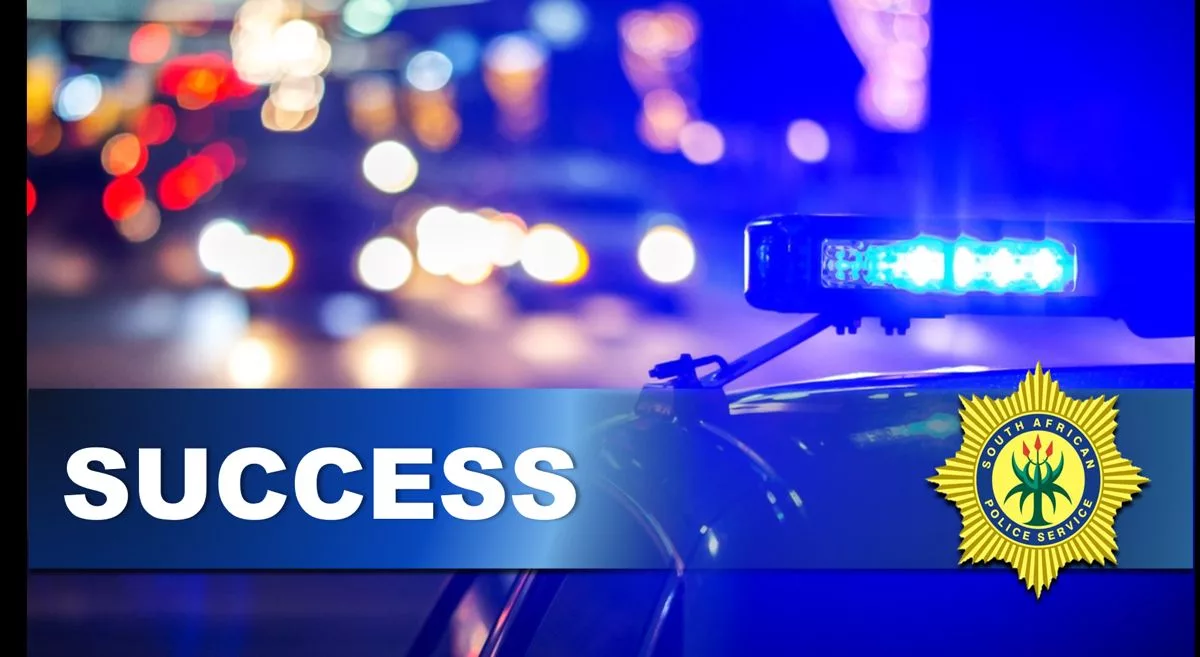The South African police, along with other role players, are fighting against the sale of fake products in the country. Counterfeit goods are a serious threat to communities and the economy, reducing profits for legitimate businesses and putting consumer health at risk. The Western Cape Police, with the Provincial and National Counterfeit and Illicit Goods units, have seized counterfeit items worth over R424 000 and are committed to ongoing operations to eradicate this crime. This ongoing battle requires international cooperation and a united front from law enforcement, role players, and the general public.
How is South Africa combating fake products?
South African police, together with other role players, have been leading the charge against the sale of counterfeit goods. The Western Cape Police, along with the Provincial and National Counterfeit and Illicit Goods units, have initiated a determined campaign, armed with lawful search warrants and supported by brand owners and other role players. They have seized counterfeit items valued at a staggering R424 745-00, demonstrating the determination of these institutions in tackling this crime.
Part I: The Problem at Hand
In recent weeks, South African police in the Western Cape, together with other role players, have been leading the charge against a serious threat that poses considerable health hazards to communities and adversely impacts businesses and the economy: the sale of counterfeit goods. This issue is not confined to South Africa, as it disturbs economies worldwide, calling for a collective, united front.
The persistent problem of counterfeit goods requires urgent attention. It is an insidious monster, infiltrating markets and wreaking havoc on the country’s economic structure. Counterfeit commerce, in essence, reduces legitimate businesses’ profits, endangers jobs, and unnecessarily puts consumer health at risk.
In an audacious move, the Western Cape Police, along with the Provincial and National Counterfeit and Illicit Goods units, have initiated a determined campaign, armed with lawful search warrants and supported by brand owners and other role players. They targeted businesses in Sea Point, Kuilsrivier, Ottery, and Milnerton, areas notorious for the prevalence of counterfeit goods.
Part II: Seizing Counterfeit Goods
In their mission to cleanse these areas of bogus goods, the united team confiscated counterfeit items valued at a staggering R424 745-00. This operation, far from trivial, required detailed planning, execution, and the participation of multiple role players. It demonstrates the determination of these institutions in tackling this crime.
The team carried out integrated operations on undisclosed business premises, issued letters of demand, and subsequently seized counterfeit ELBAR vape and Apple phone accessories. These products not only trick consumers into buying inferior goods but also potentially pose health and safety hazards.
However, these operations are not a one-off event. The war on counterfeit goods requires constant surveillance, continuous operations, and the unwavering commitment of all role players involved. The actions taken by the Western Cape Police are merely the beginning of this ongoing war on counterfeit goods.
Part III: The Ongoing Battle
Continual raids on businesses dealing in counterfeit goods aim to put a stop to this crime that harms the economy. Every counterfeit good confiscated in this battle symbolizes a stride towards economic recovery and the safeguarding of consumer health and safety.
The fight against counterfeiting takes place on multiple fronts – legal, economic, and societal. It affects consumers who unknowingly purchase these products, businesses that lose income, and the overall economy, which suffers from the domino effect. The united front displayed by the Western Cape Police and the various role players shines as a ray of hope in this ongoing battle.
In today’s era of globalization, the war against counterfeiting extends beyond national borders and demands international cooperation. The recent operations in the Western Cape represent a small part of the larger, global fight against counterfeit goods.
Part IV: The Road Ahead
The commitment of the Western Cape Police to annihilate the counterfeit goods market represents a move in the right direction, but the journey ahead is long and fraught with challenges. However, through the relentless efforts of such teams and the ongoing support of role players, the counterfeit goods market can be gradually dismantled, one product at a time.
It is crucial to expand the public dialogue about the impact of counterfeit goods, not only in economic terms but also in the wider context of societal and health implications. The Western Cape operations, in their modest yet significant way, contribute to this dialogue, highlighting the dangers of counterfeiting.
The war against counterfeit goods is a communal responsibility, involving law enforcement, role players, and the general public. The recent operations by the Western Cape Police act as a wake-up call and a reminder of the continuous threat that counterfeit goods pose to our health, economy, and society. It is a war that must be won for the sake of our economy and the health of our communities.
What is the impact of counterfeit goods on the economy and society in South Africa?
Counterfeit goods harm the economy and society in South Africa by reducing profits for legitimate businesses, endangering jobs, and potentially putting consumer health at risk. It is an ongoing problem that requires urgent attention and a united front from law enforcement, role players, and the general public.
What actions have been taken to combat fake products in South Africa?
The South African police, together with other role players, have been leading the charge against counterfeit goods in the country. The Western Cape Police, along with the Provincial and National Counterfeit and Illicit Goods units, have initiated a determined campaign, armed with lawful search warrants and supported by brand owners and other role players. They have seized counterfeit items valued at over R424 000 and are committed to ongoing operations to eradicate this crime.
What areas in South Africa are notorious for the prevalence of counterfeit goods?
Businesses in Sea Point, Kuilsrivier, Ottery, and Milnerton are notorious for the prevalence of counterfeit goods in South Africa.
What are the risks associated with purchasing counterfeit goods?
Purchasing counterfeit goods not only trick consumers into buying inferior goods but also potentially poses health and safety hazards.
How can the public contribute to the fight against counterfeit goods?
The war against counterfeit goods is a communal responsibility, involving law enforcement, role players, and the general public. It is crucial to expand the public dialogue about the impact of counterfeit goods, not only in economic terms but also in the wider context of societal and health implications. The public can also report suspicious activities related to counterfeit goods to law enforcement agencies.
What is the road ahead in the fight against counterfeit goods in South Africa?
The commitment of the Western Cape Police to annihilate the counterfeit goods market represents a move in the right direction, but the journey ahead is long and fraught with challenges. Through the relentless efforts of law enforcement teams and the ongoing support of role players, the counterfeit goods market can be gradually dismantled, one product at a time. It is a war that must be won for the sake of the economy and the health of communities in South Africa.












